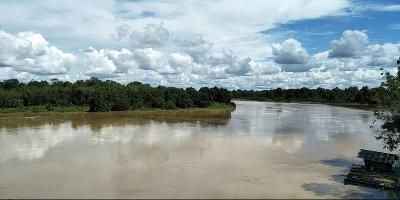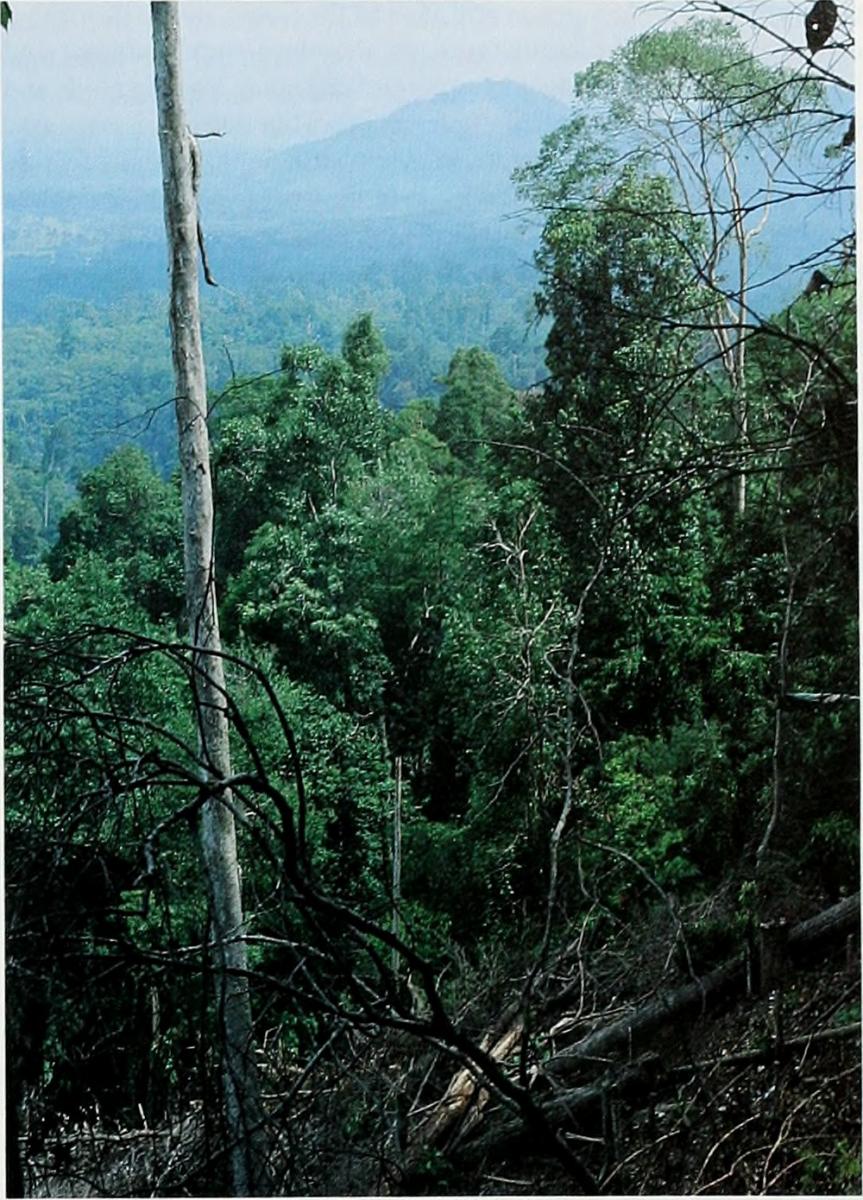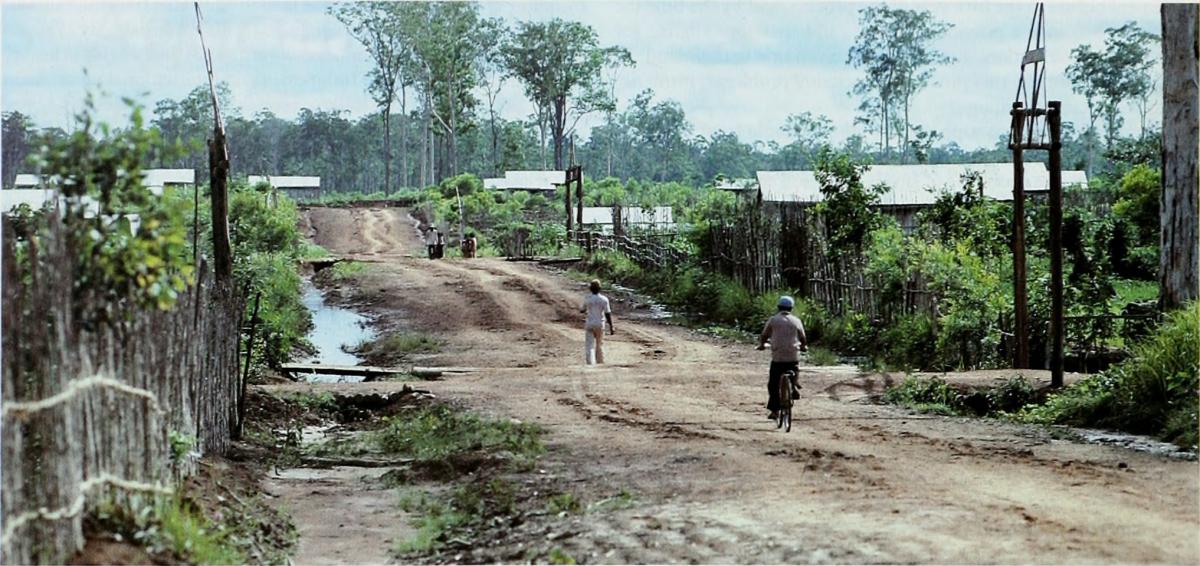
Indonesia is home to half of the earth’s tropical peat lands, which cover 11 per cent of the country’s land area. Composed of partially decayed vegetation or organic matter, peat lands in Indonesia are highly biodiverse and store 60 billion of the world’s 88.6 billion metric tons of carbon held in tropical peat.
In 2015, large-scale and uncontrollable forest and peat land fires burned more than 2.5 million hectares of land in Indonesia over a period of several months.
Facts about the 2015 fires:
|
Indonesian government intervention
Restoration efforts in Indonesia have been underway since 2015, but fires are still commonplace. The compounded environmental, economic and public health consequences affect the overall livelihoods of those inhabiting the area.
The Government of Indonesia has scaled up efforts to establish a Peat Restoration Agency (BRG) for the seven provinces where the urgency is the highest: Riau, Jambi, South Sumatera, West Kalimantan, Central Kalimantan, South Kalimantan and Papua. And, recently, the Indonesian government suspended the activities of the country's second largest timber firm, Riau Andalan Pulp and Paper, due to non-compliance with peat protection rules.
 |
However, the causes of the issue can be traced back to complex land tenure, which is important to understand the political, economic and social drivers that contribute to fires. Forests and peat lands are declared de facto open areas for which the government grants licenses to concession companies, even if rural communities have already claimed ownership of these lands.
Overlapping permits can result in land conflicts and evictions – or even criminalization – of rural communities, including women and other marginalized groups, who can suddenly find themselves displaced on their own land with their rights ignored. Farmers who engage in land-burning, or swidden farming, as an agricultural practice can easily be accused of starting forest and peat land fires.
As a result, people in villages experience limited access to justice. Indonesia’s National Land Agency states that from 2011 to 2014, around 4,000 land conflicts were reported and 48 per cent of the conflicts remain unresolved. Although the Forest Destruction Prevention and Eradication Law is intended for handling organized forest crimes, in practice the Law is more widely used to criminalize the people rather than targeting companies.
The disconnect between the formal institutions of justice and the local context are caused by a lack of legal awareness, corruption, perceptions of bias and physical and financial barriers to accessibility, which in turn perpetuates poverty, violence and discrimination against women and other marginalized community members. In addition to addressing tenure conflicts on a national level, legal assistance and empowerment for rural communities living in forest and peat land villages is required on a local level.
Strengthening legal empowerment of rural communities
In response to these needs, IDLO is managing a two-year project, implemented by the Epistema Institute (Yayasan Epistema), that aims to strengthen the legal empowerment of forest and peat land villages through paralegal support. The project is funded through the Indonesia-Netherlands Rule of Law Fund of the Embassy of the Kingdom of the Netherlands in Jakarta.
Under the project, community members are trained to become paralegals, enabling them to provide legal support in their villages when needed. The village paralegals follow courses on tenure conflict resolution and resolving criminalization in relation to forest and peat land management. Village heads are also trained in formulating village regulations (Peraturan Desa/Perdes) and the creation of head of district regulations (Peraturan Bupati) to ensure legal empowerment.
Throughout the project, Epistema works closely with the national Peat Restoration Agency (BRG) as well as the Center for Education and Training of Environment and Forest, to assess specific local needs and produce training modules and training and writing activities.
 |
The training modules for paralegals are informed by extensive research. Epistema developed a module for conflict resolution training based on over 100 assessment reports previously made by the BRG, and the Institute’s research also contributes to earlier studies on tenure conflicts conducted by the BRG in 105 villages.
The close cooperation with the BRG ensures continuation and sustainability after the project ends. In areas where paralegals have already completed a basic training provided by the BRG, Epistema follows up with advanced training sessions.
In the final phase of the project, a report on best practices will be disseminated in order to raise awareness throughout other areas in Indonesia. A paralegal network will be established to facilitate knowledge-sharing between paralegals from different villages, and further collaboration with the BRG will work to promote legal empowerment community initiatives so that villagers can face legal problems and secure their lands.

